People have fought and died in its name, and new dangers supposedly pose a threat to it every day – but freedom itself is fraught with indelible contradictions. In this exclusive preview ahead of the publication of his new book Freedom: A Disease Without a Cure, firebrand philosopher Slavoj Žižek exposes the tensions in how we understand freedom today.
Freedom is one of those deceiving notions that appear self-evident, but the moment we try to dissect them we get caught in ambiguities and contradictions. I think the best illustration of these ambiguities is the situation imagined in the expression “Buridan’s ass.”
___
All real decisions are undecidable, only the decision itself make reasons for it palpable.
___
The three basic meanings of the term “ass” in English (donkey; a stupid person; the part of the body a person sits on) nicely come together in this expression: a stupid donkey who is equally hungry and thirsty is sitting on its ass midway between a stack of hay and a pail of water (or, in another version, midway between the two exactly same stacks of hay) - it dies of both hunger and thirst since it cannot make a decision which of the two to choose. (In digital electronics, something similar appears as “metastability”: when a circuit must decide between two states based on an input that is in itself undefined (neither zero nor one), it gets stuck, i.e., it spends more time than it should in this "undecided" state.) Far from being a pathological exception, the stance of the Buridan’s ass is in some sense the zero-level of freedom: if a clear calculation tells us what to do, we just follow the calculation of reasons, there is no doubt or oscillation and, consequently, no freedom. All real decisions are undecidable, only the decision itself make reasons for it palpable.
SUGGESTED VIEWING Surplus happiness With Slavoj Žižek
If there is a free choice it is that of a love object, love cannot be imposed; however, once fully in love, we experience love as our fate – it holds us in its clutches, no matter how hard we try we cannot escape it. This is why we can (usually) enumerate reasons why we fell in love, but these reasons appear as reasons only after we are already in love – we are never in a comfortable external position in which we can compare reasons to fall in love with different persons and decide whom to choose. Kierkegaard says exactly the same about faith: I do not acquire faith in, say, Christ after comparing different religions and deciding the best reasons speak for Christianity – there are reasons to choose Christianity, but these reasons appear only after I’ve already chosen it, i.e., to see the reasons for belief one already has to believe. The same holds for Marxism: it is not that, after objectively analysing history, I became a Marxist – my decision to be a Marxist (the experience of a proletarian position) makes me see the reasons for it, i.e., Marxism is the paradox of an objective “true” knowledge accessible only through a subjective partial position.
___
We do not just fight for (our understanding of) freedom, we serve freedom, it is freedom itself which immediately avails itself of us… The way seems open to terror: who would be allowed to oppose freedom itself?
___







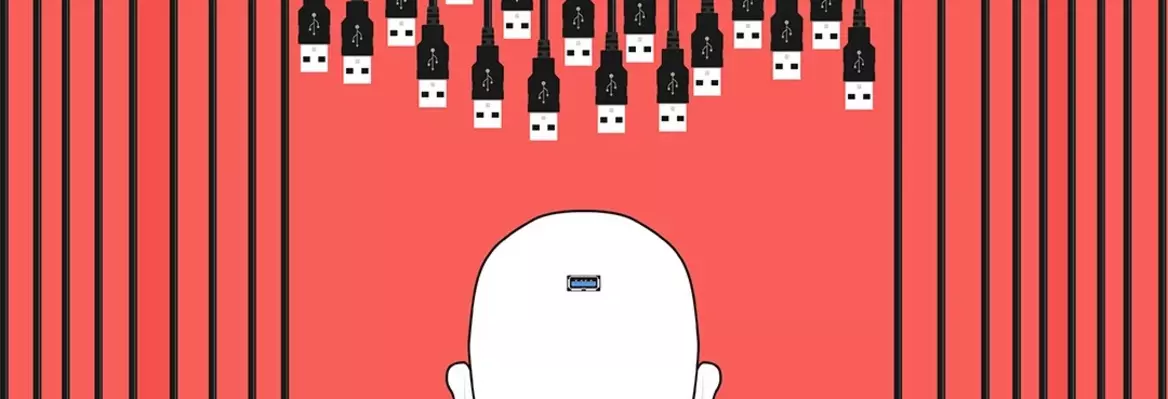

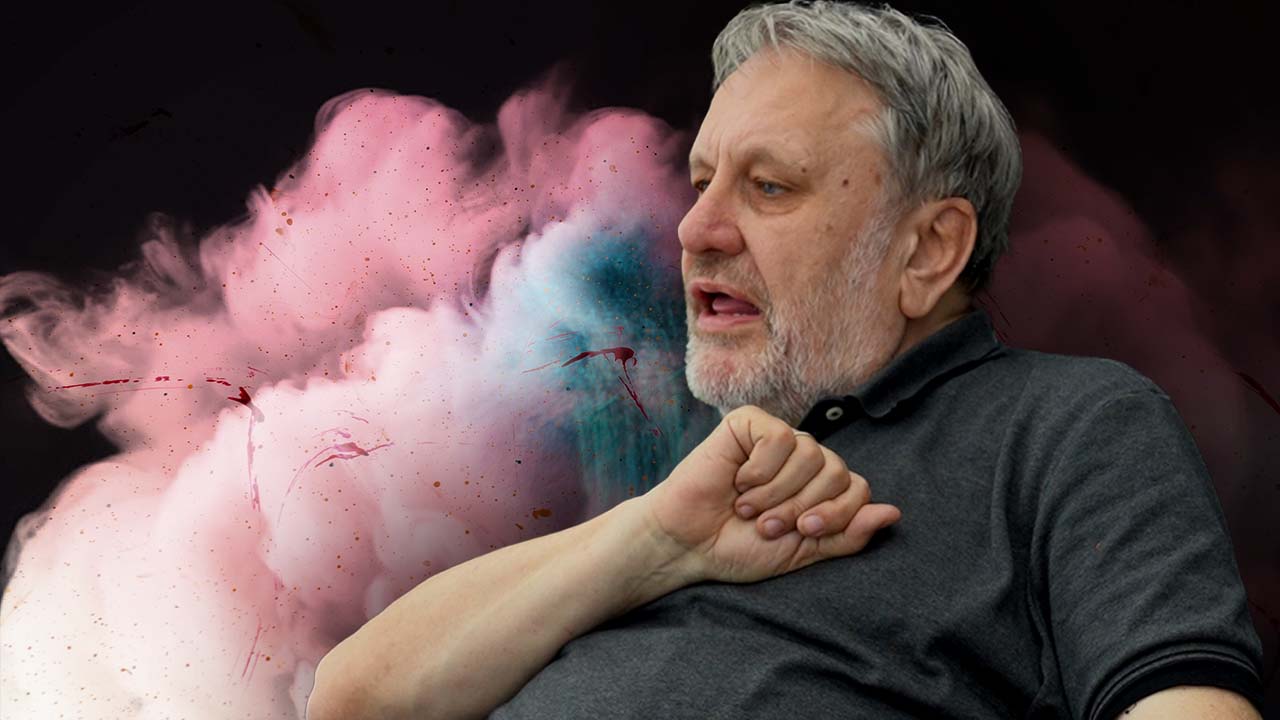



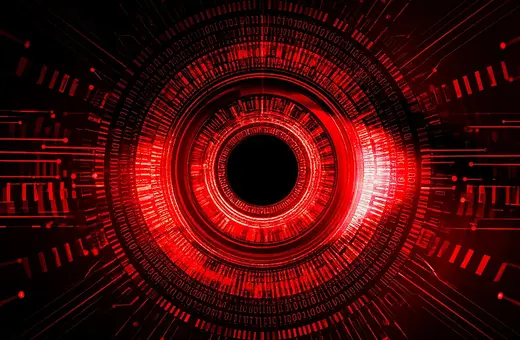

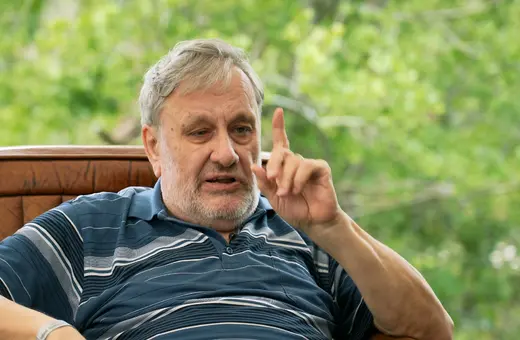
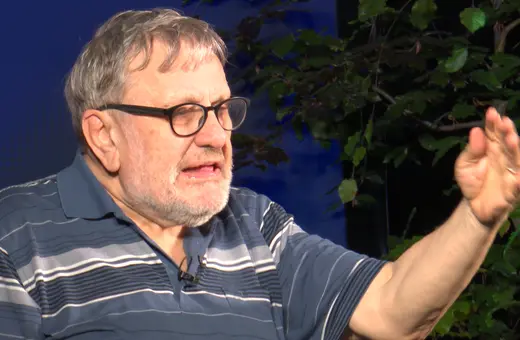


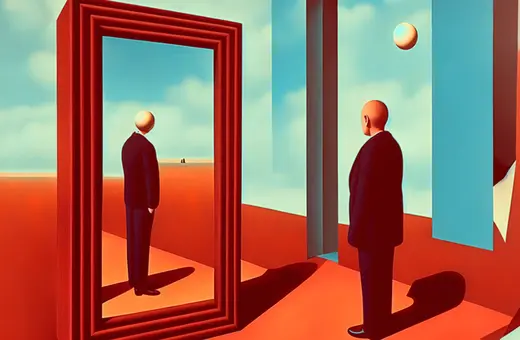

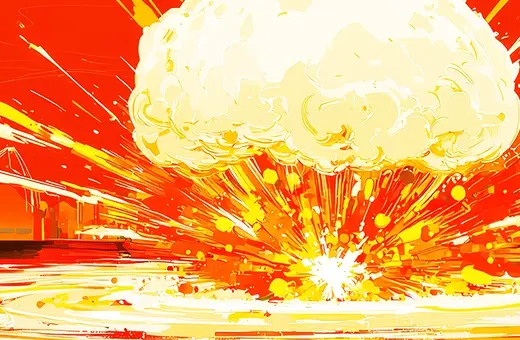
Join the conversation